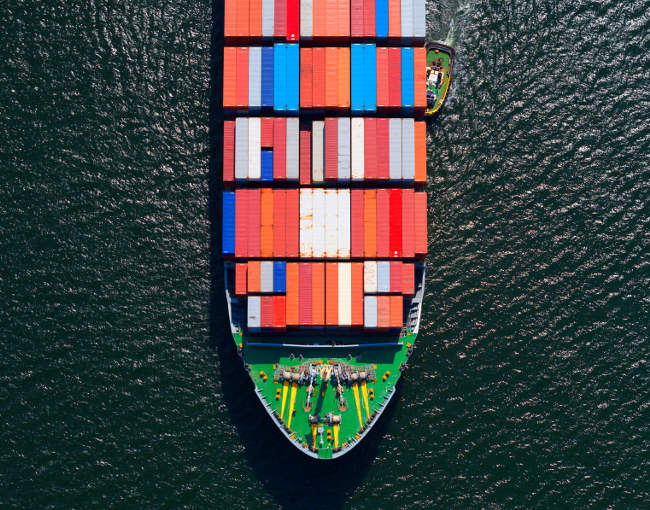Home > Insights > Publications > What U.S. businesses need to know about new restrictions on Huawei and the ICT supply chain
On May 15, 2019, President Trump issued an executive order (“E.O.”) under the National Emergencies Act to prohibit U.S. companies from engaging in information and communications technology or service transactions with designated foreign countries or nationals that the U.S. determines to pose an undue risk to national security. The E.O. does not specifically name foreign adversaries. Instead, the E.O. adopts a “whole government” approach to implement its provisions and provides 150 days for the publication of rules and regulations.
Shortly after the issuance of the E.O., the U.S. Department of Commerce, Bureau of Industry and Security (“BIS”) designated Huawei Technologies Co., Ltd. and 68 of its non-U.S. affiliates (collectively, “Huawei”) on the Entity List. This designation and its effects may shed light on how the E.O. will be further implemented.
Designation of Huawei on the Entity List
The Export Administration Regulations (“EAR”) directs BIS to designate persons on the Entity List if there is a reasonable cause to believe that the person or entity poses a significant risk to the national security of the United States. On May 16, 2019, BIS exercised its authority under this regulation and the Export Control Reform Act of 2018 to designate Huawei on the Entity List (the “Designation”). The Designation was supported by the fact that Huawei was indicted on 13 counts of violating U.S. law, including knowingly and willfully supplying, directly or indirectly, U.S. goods, technology and services to Iran in violation of U.S. sanctions. The Designation includes non-U.S. subsidiaries of Huawei in the following countries: Belgium, Bolivia, Brazil, Burma, Canada, Chile, China, Egypt, Germany, Hong Kong, Jamaica, Japan, Jordan, Lebanon, Madagascar, Netherlands, Oman, Pakistan, Paraguay, Qatar, Singapore, Sri Lanka, Switzerland, Taiwan, United Kingdom and Vietnam.
You can find a listing of the specific entities in the Designation here.
In designating Huawei and its subsidiaries, BIS prohibits all exports, re-exports, and transfers of items subject to the EAR to the designated entities. Any request for authorization to export, re-export or transfer items subject to the EAR is subject to a policy of denial. Accordingly, the Designation attaches to both the activities of U.S. persons and U.S. goods and technology, and serves to block U.S. persons from dealing with Huawei and any person, wherever they are located, from sharing U.S. goods and technology with Huawei.
BIS has issued a 90-day general license (effective May 20, 2019) to allow the continued operation of existing networks and equipment; support existing handsets; allow for cybersecurity research and vulnerability disclosure; and to engage in the development of 5g standards by a duly recognized standards body. In light of the foregoing, companies such as Intel Corporation, Qualcomm Incorporated and Google have suspended certain operations with Huawei. The administration has suggested that it may designate additional Chinese technology companies.
Threat of further action pursuant to the E.O.
As mentioned above, the E.O. provides for additional restrictions on transactions dealing with information and communication technology. The E.O. prohibits any (i) acquisition, (ii) importation, (iii) transfer, (iv) installation, (v) dealing in, or (vi) use of any foreign information and communications technology or service (transaction) by any person, or with respect to any property, subject to the jurisdiction of the United States and dealing with certain foreign adversaries. The United States will further define these restrictions in regulations to be issued in the next 150 days. Therefore, companies dealing with information and communications technology are well served to continue to monitor regulatory developments for further restrictions.
Civil violations associated with violations of the Designations or the E.O. could reach $295,141 (or twice the amount of the underlying transaction for each violation) and could result in the assertion of criminal penalties. As a result, and in light of Huawei’s status as the world’s largest provider of networking gear and second largest smartphone vendor, the Designation, and the threat of further action pursuant to the E.O. present substantial economic, compliance and legal issues for U.S. companies (and possibly their foreign subsidiaries) doing business with (or contemplating doing business with) Huawei.
Please reach out to one or more of the authors of this alert if you would like more information regarding the E.O. or the Designation.
Robert Shapiro is a member of our International Trade Group. Michele Kloeppel is a member of our Corporate & Securities practice.

